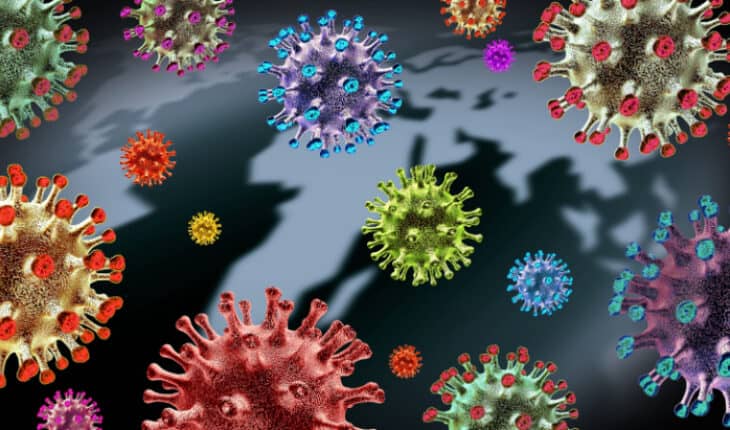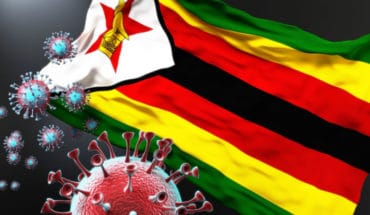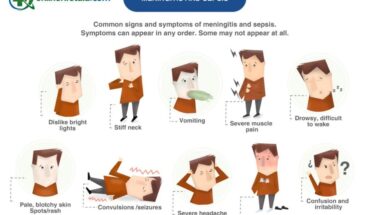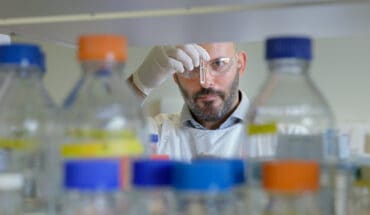SARS-CoV-2: Only neutralising antibodies allow conclusions to be drawn about protection against new infections:
Mutations of virus and illnesses caused by new variants are still to be expected even in a SARS-CoV-2 situation that has now become endemic. Although the population has developed specific immune responses due to previous infections and vaccinations, vaccinated and vulnerable individuals continue to contract COVID-19. In a review of the current state of knowledge, a research team led by Rudolf Valenta from MedUni Vienna concluded that only a survey of neutralising antibodies can inform us about protection against new infections. In another study, the team analysed specific characteristics of these neutralising antibodies and discovered a previously unknown weak point of the virus. Both studies were published in the International Journal of Molecular Sciences.
Three years after the start of the SARS-CoV-2 pandemic, there are still many unresolved questions and challenges, also regarding future virus mutations. Previous studies had already shown that the quantity of antibodies alone is not meaningful for assessing protection against new infections. A recently published review article on findings from the pandemic by Rudolf Valenta and Pia Gattinger from the Centre for Pathophysiology, Infectiology and Immunology at MedUni Vienna made it clear once again that, contrary to a widely held view, it is not merely the presence of antibodies that is decisive for the protection against new infections, but the fact as to whether they are sufficiently neutralising antibodies, because only these prevent the virus from docking to the human cells. Non-neutralising antibodies cannot prevent docking with human cells. In typical antibody measurements, however, the properties of the antibodies are usually not differentiated.
Determining the time for booster immunisation
To determine the neutralising antibodies, a special serological test is necessary. Due to the infectious nature of the virus, classic virus neutralisation tests can only be carried out in a few highly specialised laboratories under strict safety conditions. At MedUni Vienna’s Centre for Pathophysiology, Infectiology and Immunology, a simple procedure was therefore developed as early as 2020, by means of which protection against new infections from various virus variants can be examined quickly and in large numbers of samples. The analysis of neutralising antibodies could provide valuable information for determining the timing and selection of adapted vaccines for booster vaccinations.
“Achilles heel” of virus detected
In a further study, the team was able to identify a previously unknown Achilles’ heel of the virus by determining neutralising antibodies in vaccinated individuals. It was observed that the defence against the virus is related to the binding of neutralising antibodies against a previously unknown epitope, i.e. a specific region on the surface of the virus. What is remarkable for the researchers is that this is a site of the virus that has not changed in the different virus variants, i.e. it is a conserved site. This finding is relevant for the production of improved vaccines in order to specifically use such epitopes for production.
Publications: International Journal of Molecular Sciences
Importance, applications and features of assays measuring SARS-CoV-2 neutralizing antibodies
Pia Gattinger, Anna Ohradanova-Repic and Rudolf Valenta
DOI: 10.3390/ijms24065352
https://www.mdpi.com/1422-0067/24/6/5352
Dissection of antibody responses of Gam-COVID-Vac-vaccinated subjects suggests involvement of epitopes outside RBD in SARS-CoV-2 neutralisation
Byazrova, M. Gattinger, P. Astakhova, E. Hofer, G. Khaitov, M. Filatov, A. Valenta, R.
DOI: 10.3390/ijms24065104
https://www.mdpi.com/1422-0067/24/6/5104
- Gut microbiome could delay onset of type 1 diabetes - 3rd April 2025
- The da Vinci 5 Robot Is Set To Transform Bariatric Care: - 31st March 2025
- Beyond money: the hidden drivers fuelling child food insecurity - 31st March 2025






